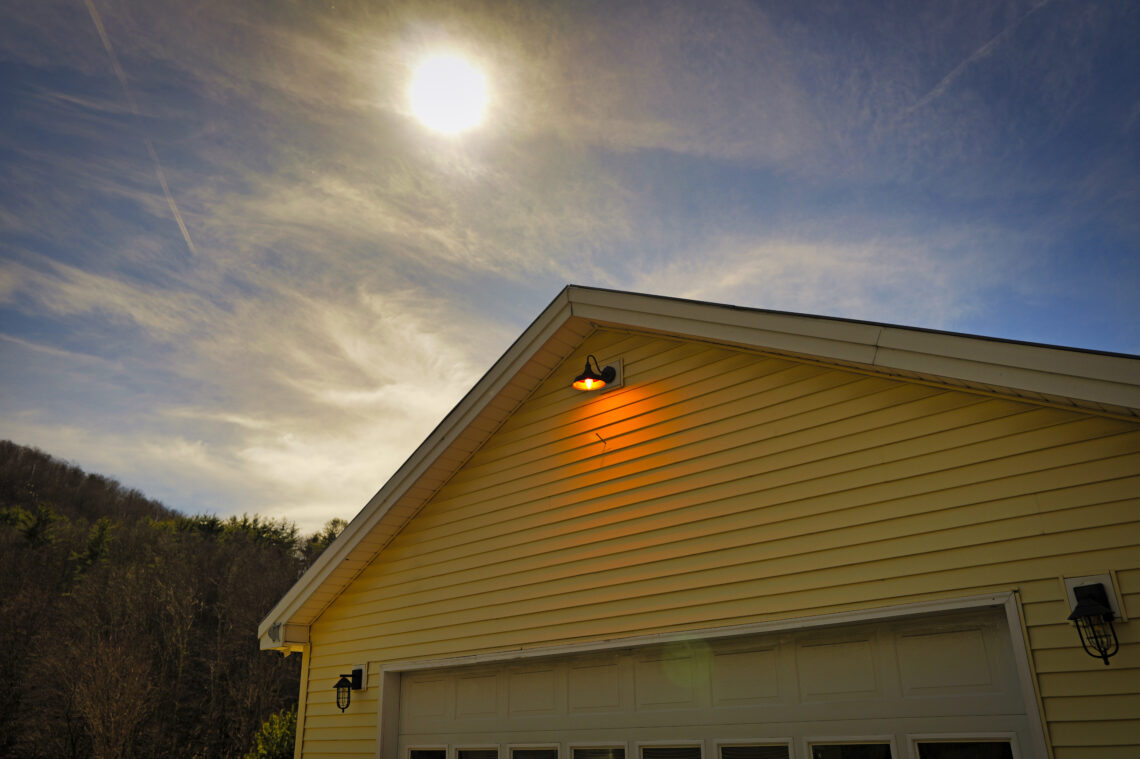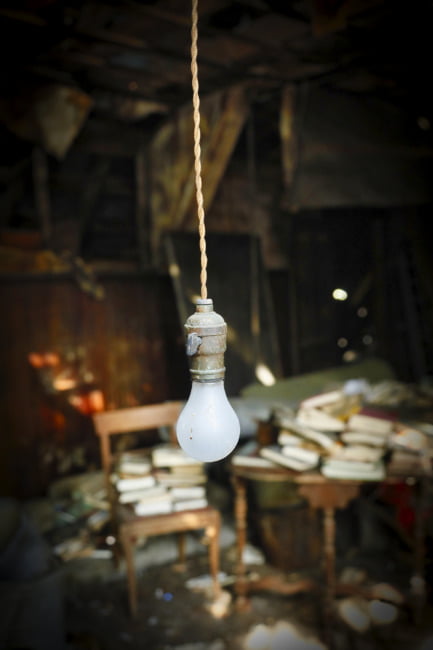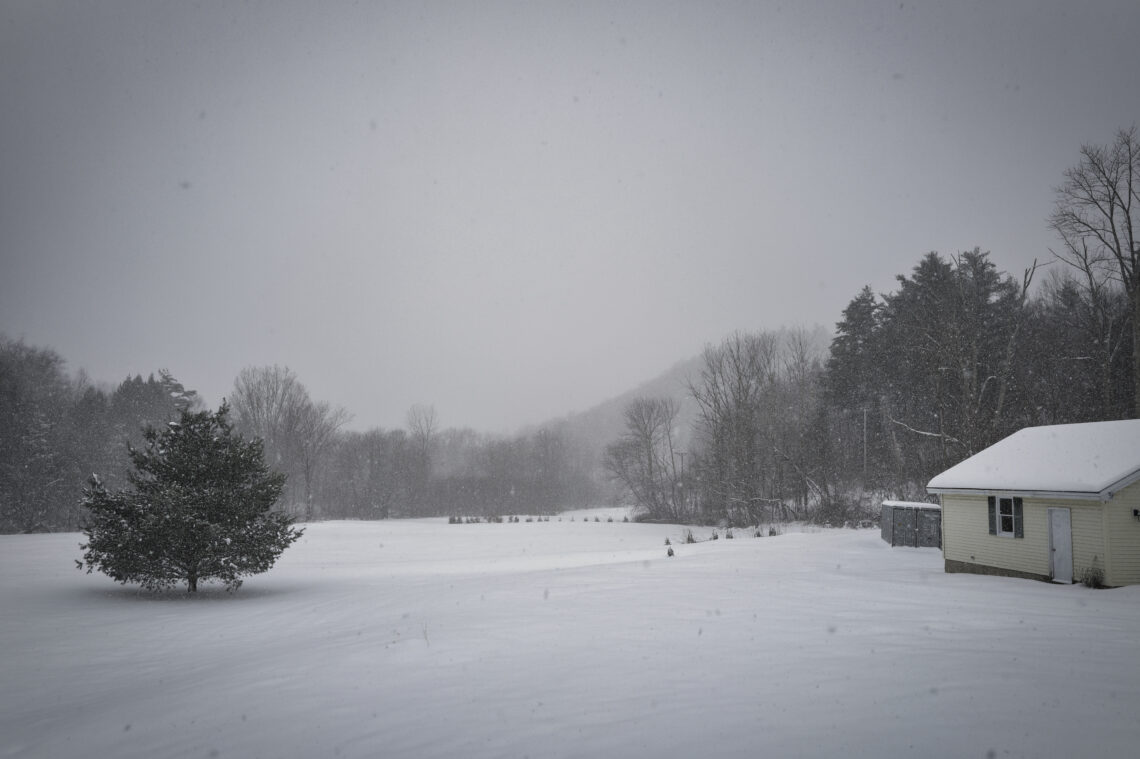-
CSX 6245 & CSX 6223
Amelia and I embarked on a delightful day trip to Palmer, Massachusetts, with the singular purpose of indulging our shared passion for trains. As the afternoon sun cast its golden light across the tracks, our excitement was rewarded when we spotted two imposing CSX locomotives. The vibrant blue and yellow color scheme of CSX, a personal favorite of mine, adorned the sides of locomotives CSX 6245 and CSX 6223. These magnificent machines, symbols of power and perpetual motion, glided past us, their presence marking a highlight in our day as we stood in awe of the spectacle. April 17, 2024
-
The ’90s Were A Decade I’d Rather Forget
As the soft glow of nostalgia continues to illuminate the 1990s, painting them as the quintessential era of simpler times and cultural milestones, I find myself at odds with the mainstream sentiment. It’s peculiar, standing on the outside of a collective memory that cherishes what I recall as my darkest days. While others revel in the revival of flannel shirts, grunge rock, and the dawning of the internet age, for me, the ’90s were a series of personal trials and tribulations—a decade I’d much rather forget. I was born into the warmth of the late ’70s, a time of tumultuous change but also of hope and expansion. The ’70s and…
-
We Witnessed A Partial Eclipse
As the twilight sun gave way to an eerie midday darkness, Amelia and I stood in the fields of our Vermont farm, our eyes turned skyward. The day had been marked on our calendar with anticipation: an astronomical event promised a full eclipse, a rare alignment that would shroud our world in an otherworldly twilight. But nature, in her unpredictable artistry, scripted a different spectacle. Instead of the complete darkness we expected, we witnessed a partial eclipse. The moon nibbled at the sun’s edge, crafting a crescent of light that seemed too mystical to belong to our everyday sky. The light that filtered through this celestial interplay was unlike any…
-
An Errant Heat To The Star
I sometimes find myself feeling akin to a stray wisp of heat from a distant star—present, yet seemingly inconsequential, lost amidst the grandeur of the universe. This feeling envelops me silently, a whisper of isolation that echoes through the vast chambers of my existence. I have danced through the rhythms of life, weaving my essence into the fabric of my community, my family, and my friendships. Yet, despite these connections, moments arrive unannounced, bringing with them a profound sense of being left out, of being forgotten. These are the moments when laughter and conversation swirl around me, not quite touching me, when I feel like an observer in my own…
-
Embracing The Journey
Life has a curious way of shaping us. Some people may find ways to circumvent hardships, skirting around them like obstacles in a maze. But for me, it’s always been about facing challenges head-on with unwavering determination. Lately, however, I’ve felt the weight of the world pressing down on my shoulders. The hardships I’ve endured and overcome in the past seem to have come calling. It’s as if the echoes of battles fought and won reverberate through the chambers of my heart, urging me not to forget the strength that lies within. Perhaps it’s the long, harsh winter that has kept me confined indoors for months on end that has…
-
Winter Storm—March 23, 2024
Today, the National Weather Service’s bulletin was stark, a Winter Storm Warning that seemed to echo the hush in the air: “Heavy wet snow and mixed precipitation expected. Total snow accumulations of 10 to 20 inches and ice accumulations of up to one tenth of an inch.” I decided that I would not be venturing outside today. Amelia, with her wise, knowing look, seemed to agree. There was an unspoken consensus between us—today was not a day to venture into the cold embrace of the storm. The world outside our window would transform into a winter wonderland of snow and ice, a spectacle that was both beautiful as well as…
-
Digital Immortality
As a writer, the concept of legacy holds a particular resonance for me—a legacy not just of words, but of thoughts, emotions, and the indelible marks we leave upon the universe. In this era of unprecedented technological advancement, the notion of digital immortality stands at the forefront of a revolution in how we conceive of memory and legacy. Digital immortality, a term that once belonged to the realm of science fiction, has quietly insinuated itself into our reality through the corridors of social media, AI, and virtual avatars. These technological marvels promise an allure of permanence in a world characterized by transience, offering a form of immortality that is rooted…
-
Redefining Success: A Journey Beyond Conventional Achievement
In quiet reflection, I often ponder the evolution of success. This concept, so deeply ingrained in our collective psyche, has undergone a significant transformation, particularly in the 21st century. My journey through life has led me to challenge the conventional notions of success, embracing the shifts in societal values that redefine what it means to truly achieve and be fulfilled. Every morning, as the first light of dawn breaks the horizon, I step out onto the back porch of our house, greeting the day with a ritual that grounds me. There, I take a long, contemplative look over my property, embracing the ever-changing beauty of the landscape that unfolds before…
-
On My Horizon
Today marks a turning point in my life, on my horizon is a moment that feels both liberating and profound. After years of carrying the weight of my past, encapsulated in the worn pages of my old diary, I’ve made a decision that feels like a bold step into a new chapter. My diary, filled with painful memories and trauma from both my job and personal life, has been my silent companion through the darkest of times. Yet, today, I decided to let it go, to release the hold it has had on me. In a symbolic gesture of moving forward, I chose to burn my old diary. The decision…
-
Before These Crowded Streets (Redux)
Standing at the corner of Railroad Avenue and Main Street in Stamford, New York, brings back a flood of memories from my childhood. It’s incredible to think that this intersection was my playground from the age of eight until I moved out to start my own journey. I vividly remember taking a nighttime photograph here back in 2007, capturing the essence of my hometown under the glow of street lights. Looking at it now, it’s heartwarming to see that while some things have indeed changed, like the street lamp which now has a more modern design, the essence of this place remains untouched. The buildings, the layout of the streets,…









